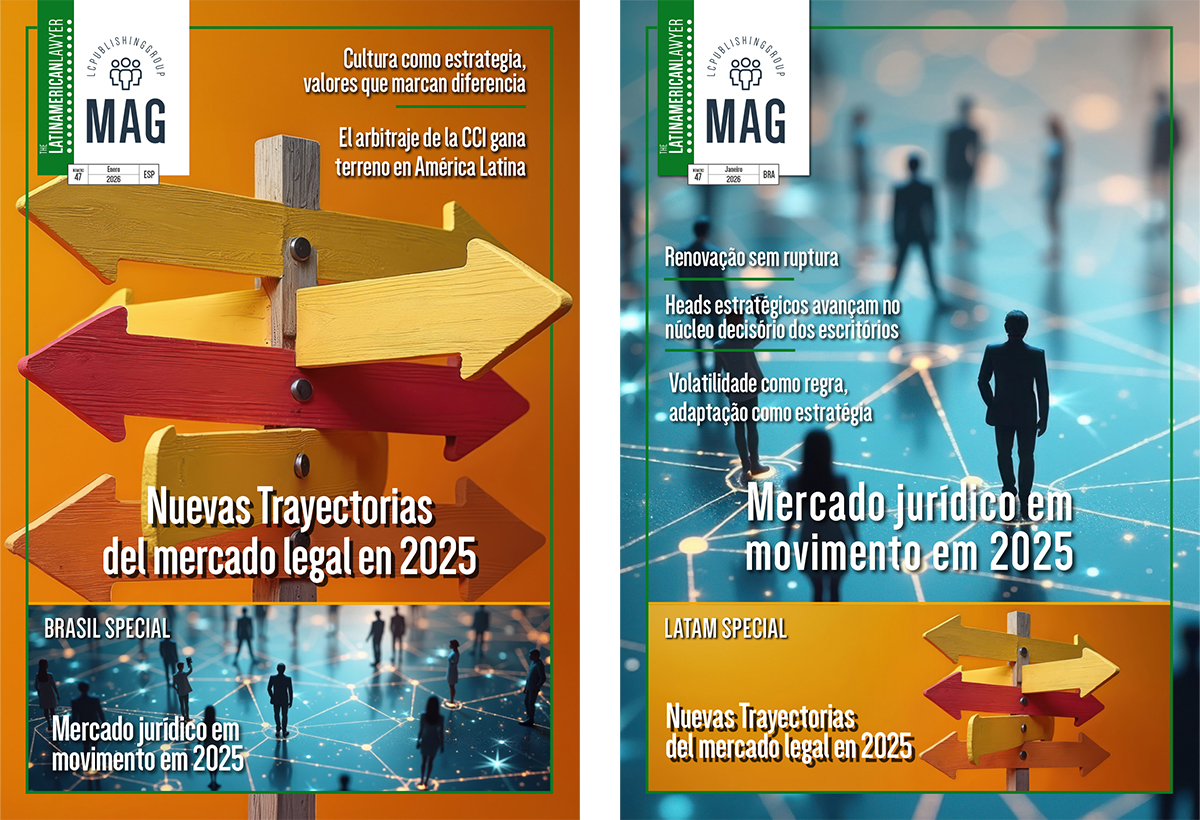Legal protection of geographical indications ‘significant step’ in protection of IP rights in Mexico

Signs used on products to denote specific origin protected for first time, but companies still facing problems when trying to enforce IP rights
Recent reforms to the intellectual property law in Mexico that mean ‘geographical indications’ – a sign used on products that have a specific geographical origin – are legally protected is a significant step in the protection of IP rights in the country, attendees at an event organised by The Latin American Lawyer in Mexico City heard.
The reforms set out the distinction between denominations of origin and geographical indication and give same protection to both – previously, only denominations of origin were protected in legislation. As is the case with the denomination of origin, the geographical indication will be owned by the Mexican government and may be used only when authorisation is granted by the Mexican Institute of Industrial Property (IMPI). However, attendees expressed concern regarding the process for the granting of such authorisations due to a perception of arbitrariness on the part of the authorities. More clarity regarding the matter is needed from IMPI and other government ministries, according to participants in the event, which was organised with the support of Wolters Kluwer. The changes in legislation have been made partly due to pressure exerted by the European Union during the negotiation of a free trade agreement between the EU and Mexico.
In order to highlight the importance of protecting brands and denominations of origin, participants highlighted the ongoing controversy involving Spain and Mexico in relation to the name of “manchego” cheese, a dispute that has slowed down trade negotiations between Mexico and the EU.
Event participants also highlighted the difficulties companies face when trying to enforce intellectual property rights, particularly regarding the collection of damages awarded as a result of the breach of such rights. Attendees said the procedure for collecting damages is too slow with many clients choosing to settle before reaching the end of the process.
















